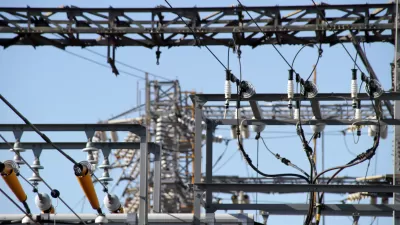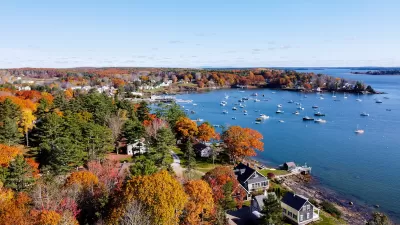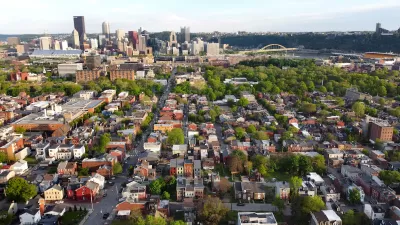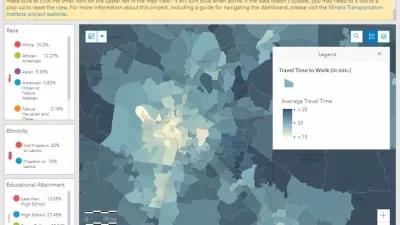In the next few decades, U.S. governments and businesses are predicted to spend trillions of dollars on infrastructure. This is the reality. The question is: how do we get smart about these investments?

Infrastructure—for many people it’s a boring word. But if the power goes out, traffic is snarled, the water faucet runs dry, or the toilet won’t flush—even for just a couple of days—the vital importance of our infrastructure systems can suddenly come into focus.
The United States will need to spend over $3 trillion on infrastructure in the next decade just to keep our nation’s vital systems, like energy, transportation, water, and waste, in working order, according to experts. Will we spend that money wisely, investing in creative new approaches and sustainable innovation which will be better for the environment and more affordable?
The Evergreen State College has launched the Center for Sustainable Infrastructure (CSI) with a goal of developing innovative solutions to these massive public works challenges. Based at the college’s Olympia campus, the Center links regional innovators, advocates sustainable best practices, and develops skilled professionals who will put these principles to work in infrastructure development.
The Center envisions a future for the region where sustainable, resilient, and affordable infrastructure systems provide vital services accessible to all, supporting healthy, prosperous, beautiful, and cohesive communities. But a shift of this magnitude will be not be easy. A wide range of professions have a role to play, from the leaders of infrastructure agencies and utilities, to community planners and elected officials, builders and design teams, engineers and technology firms, financiers and lenders, advocates and regulators. The Center aims to develop tools and programs that will prove useful to them as they help Northwest communities transform how they think about, plan for, and invest in their infrastructure assets.
The CSI's new report, Infrastructure Crisis, Sustainable Solutions: Rethinking Our Infrastructure Investment Strategies distills the insights from 70 of the Pacific Northwest’s top infrastructure innovators and thought leaders to discover how we can best transform the way we invest in these vital systems.
FULL STORY: Infrastructure Crisis, Sustainable Solutions: Rethinking Our Infrastructure Investment Strategies

Alabama: Trump Terminates Settlements for Black Communities Harmed By Raw Sewage
Trump deemed the landmark civil rights agreement “illegal DEI and environmental justice policy.”

Study: Maui’s Plan to Convert Vacation Rentals to Long-Term Housing Could Cause Nearly $1 Billion Economic Loss
The plan would reduce visitor accommodation by 25% resulting in 1,900 jobs lost.

Planetizen Federal Action Tracker
A weekly monitor of how Trump’s orders and actions are impacting planners and planning in America.

Wind Energy on the Rise Despite Federal Policy Reversal
The Trump administration is revoking federal support for renewable energy, but demand for new projects continues unabated.

Passengers Flock to Caltrain After Electrification
The new electric trains are running faster and more reliably, leading to strong ridership growth on the Bay Area rail system.

Texas Churches Rally Behind ‘Yes in God’s Back Yard’ Legislation
Religious leaders want the state to reduce zoning regulations to streamline leasing church-owned land to housing developers.
Urban Design for Planners 1: Software Tools
This six-course series explores essential urban design concepts using open source software and equips planners with the tools they need to participate fully in the urban design process.
Planning for Universal Design
Learn the tools for implementing Universal Design in planning regulations.
Caltrans
Smith Gee Studio
Institute for Housing and Urban Development Studies (IHS)
City of Grandview
Harvard GSD Executive Education
Toledo-Lucas County Plan Commissions
Salt Lake City
NYU Wagner Graduate School of Public Service





























